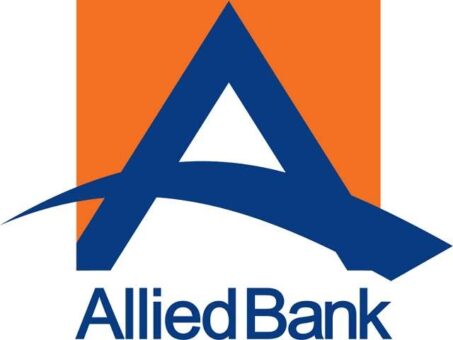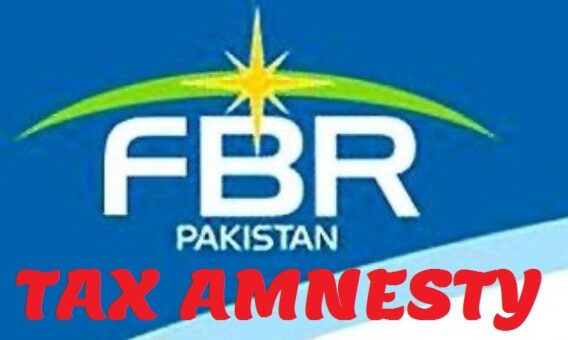KARACHI: State Bank of Pakistan (SBP) on Thursday issued procedure for repatriation of foreign assets held in the form of shares of a company incorporated in Pakistan, under Asset Declaration (Procedure & Conditions) Rules, 2019.
The central bank said that in terms of Sub-Rule 6 of Rule 4 of the Assets Declaration (Procedure and Conditions) Rules 2019, issued by Federal Board of Revenue (FBR) vide S.R.O. 578(I)/2019 dated May 25, 2019, where foreign assets are shares of a company incorporated in Pakistan held by a declarant, whether beneficially or otherwise, it may be declared, in terms of Assets Declaration Ordinance 2019, subject to their repatriation into Pakistan and conversion into non-repatriable basis.
In order to facilitate the declaration of shares of a company incorporated in Pakistan, under clause 4(6) of the above mentioned Rules, held by the declarant, whether beneficially or otherwise, on repatriable basis, the SBP allowed these shares to be repatriated into Pakistan and also notify the following procedure for conversion of these shares from repatriable basis to non-repatriable basis and transfer in the name of the declarant:
Shares registered with SBP on repatriable basis:
i. The owner of shares (i.e. the person in whose name the shares are already registered with SBP) will submit its application, duly forwarded by the respective company (the company whose shares are held by the non-resident on repatriable basis) through the AD (bank), to SBP for cancellation of registration of shares.
ii. The application shall explicitly state that the shares are beneficially owned by the declarant (Name, Father Name, Residential Address, CNIC/Passport No.) who wants to declare them under the Assets Declaration Ordinance 2019.
iii. The application shall also state that the request has been made to the company/company registrar/Central Depository Company of Pakistan Limited (CDC), as the case may be, for transfer of these shares in the name of the declarant on non-repatriable basis after cancellation of the registration by SBP, with an advice to confirm SBP upon transfer of these shares.
iv. The application will be submitted along with following original documents:
A. Original shares registration letter(s), earlier issued by SBP on registration of shares of the company in favor of the applicant on repatriable basis.
B. A clear undertaking from the applicant that no repatriation of capital and profit/dividend accruing thereon will be claimed at any stage.
C. Letter from company secretary, confirming that:
a. Underlying shares (the shares whose registration is to be cancelled) are still held by the applicant.
b. Applicant has requested to the company/company registrar/CDC for transfer of the shares in the name of the declarant on non-repatriable basis after cancellation of the registration by SBP.
v. Upon receiving such request through AD, SBP will cancel the registration letter and inform the AD and the company along with an endorsement to FBR.
vi. Upon transfer of shares in the name of declarant, the company/company registrar or CDC, as the case may be, will confirm SBP that the shares have been transferred in the name of declarant on non-repatriable basis.
Shares acquired through Special Convertible Rupee Accounts (SCRA) under Para 9 of Chapter 20 of Foreign Exchange Manual:
i. The legal owner (i.e. Foreign Portfolio Investor in whose name the Unique Identification Number has been registered) of the shares shall approach the AD (SCRA maintaining bank) with the request on the format attached as Form-I, that the shares are beneficially owned by the declarant i.e. natural person(s) (Name, Father Name, Residential Address, CNIC /Passport No.) who wants to declare them under the Assets Declaration Ordinance 2019.
ii. The request shall also state to transfer the shares from the depository (CDC) account of legal owner to depository (CDC) account in the name of the declarant as a local/domestic shareholder (local securities account details will be provided) and delink the said holdings from SCRA in banks’ books. This will be applicable only to shares of Foreign Portfolio Investors, which are currently safe kept under the participant ID of the AD. The said transfer between the two accounts should be in accordance with the procedure prescribed by CDC for this purpose.
iii. The AD will issue a certificate to SBP on the format attached as Form-II, that shares have been transferred to the declarant CDC sub-account in line with the instruction received from the client, excluding it from SCRA regime with copy to CDC and FBR for their information and necessary action. CDC will also confirm that consequent upon the request of the legal owner, the shares have been transferred in the name of declarant on non-repatriable basis.
All procedural aspects in respect of above declaration including, but not limited to, (i) conversion of shares from repatriable basis to non-repatriable basis whether with CDC or otherwise and (ii) transfer and registration of shares from the name of present legal owner to the declarant shall be completed on or before June 30, 2019; and the declarant shall disclose the details of such shares, including name and number of such shares and their face value in his/her asset declaration under Assets Declaration Ordinance, 2019, the SBP said.







